This walk explores London’s historic financial district
On this scenic 2 mile (3.2 km) walk, you’ll discover six captivating stops. Perfect for a leisurely outing, this walk typically takes 2-3 hours, allowing plenty of time to explore each point of interest. Don’t miss out on this delightful experience!
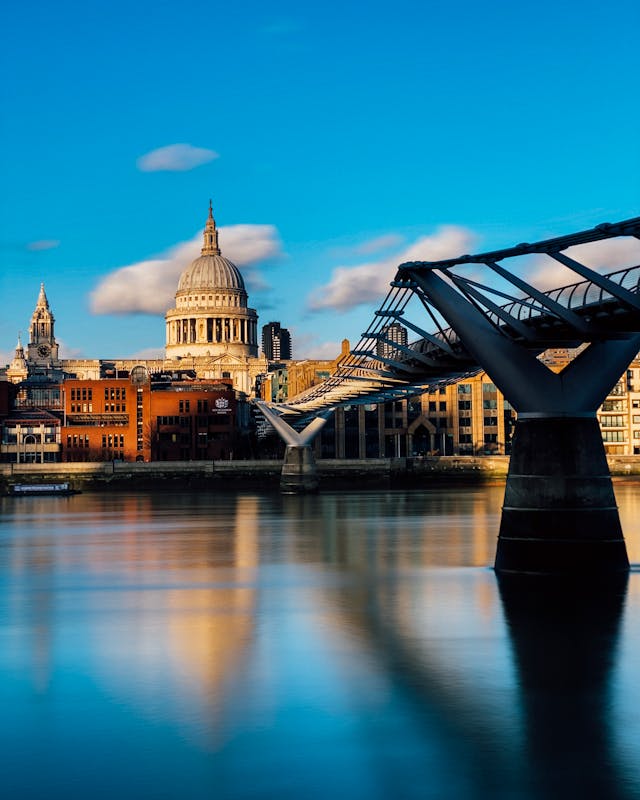
Stop 1
St Paul’s Cathedral

What you will see
The massive dome of St. Paul’s Cathedral
The grand western façade with its twin towers
If entering, the intricate interior including the Whispering Gallery
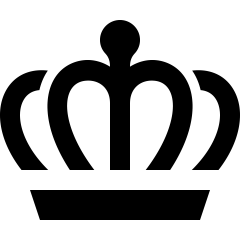
Historical & cultural significance
Designed by Sir Christopher Wren after the Great Fire of London in 1666
Site of many important national events, including royal weddings and funerals
Symbol of London’s resilience, especially during the Blitz in World War II

Look out for…
The optical illusion in the nave where the ceiling appears flat but is actually curved
Find the American Memorial Chapel, dedicated to US servicemen who died in World War II
Observe the different types of stone used in the construction, each chosen for specific properties
Stop 2
Bank of England and Royal Exchange


What you will see
The imposing façade of the Bank of England
The neoclassical portico of the Royal Exchange
The statue of the Duke of Wellington in front of the Royal Exchange

Historical & cultural significance
Bank of England: Central bank of the UK, founded in 1694
Royal Exchange: Historic centre of commerce, now housing luxury shops and restaurants
Both symbolise London’s status as a global financial hub

Look out for…
The Bank of England’s windowless outer wall, designed for security
Find the grasshopper weathervane on top of the Royal Exchange, symbol of its founder, Sir Thomas Gresham
Observe the eight Corinthian columns on the façade of the Royal Exchange
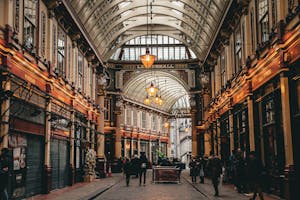
Stop 3
Leadenhall Market

What you will see
Victorian wrought iron and glass structure
Cobbled floors and ornate roof structure
Shops, pubs, and restaurants within the market

Historical & cultural significance
Site of a market since the 14th century
Current structure dates from 1881
Featured in films, including as Diagon Alley in Harry Potter

Look out for…
The ornate paint scheme in maroon, cream, and green
Find the market’s mascot, a golden grasshopper (another nod to Sir Thomas Gresham)
Observe the differences between the Victorian structure and modern shops within
Stop 4
The Gherkin (30 St Mary Axe)
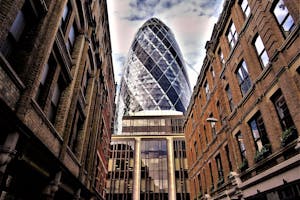

What you will see
Distinctive bullet-shaped skyscraper with a swirling pattern of glass panels
Contrast between modern architecture and surrounding historic buildings
The building’s unique apex

Historical & cultural significance
Opened in 2004, symbolising London’s modern financial district
Pioneering example of environmentally sustainable architecture
Winner of numerous architectural awards

Look out for…
The building’s spiral pattern, designed to reduce wind stress
Find the old Baltic Exchange gates, preserved from the building previously on this site
Observe how the building’s shape changes from different angles

Stop 5
The Tower of London

What you will see
The White Tower at the center of the complex
Tower Bridge in the background
Beefeaters (Yeoman Warders) in their distinctive uniforms

Historical & cultural significance
Founded by William the Conqueror in 1066
Served as a royal residence, fortress, prison, and place of execution
Home to the Crown Jewels

Look out for…
The six resident ravens, said to protect the Tower and the kingdom
Find the Traitors’ Gate, where prisoners entered the Tower by boat
Observe the graffiti carved by prisoners in the Beauchamp Tower
Stop 6
Tower Bridge
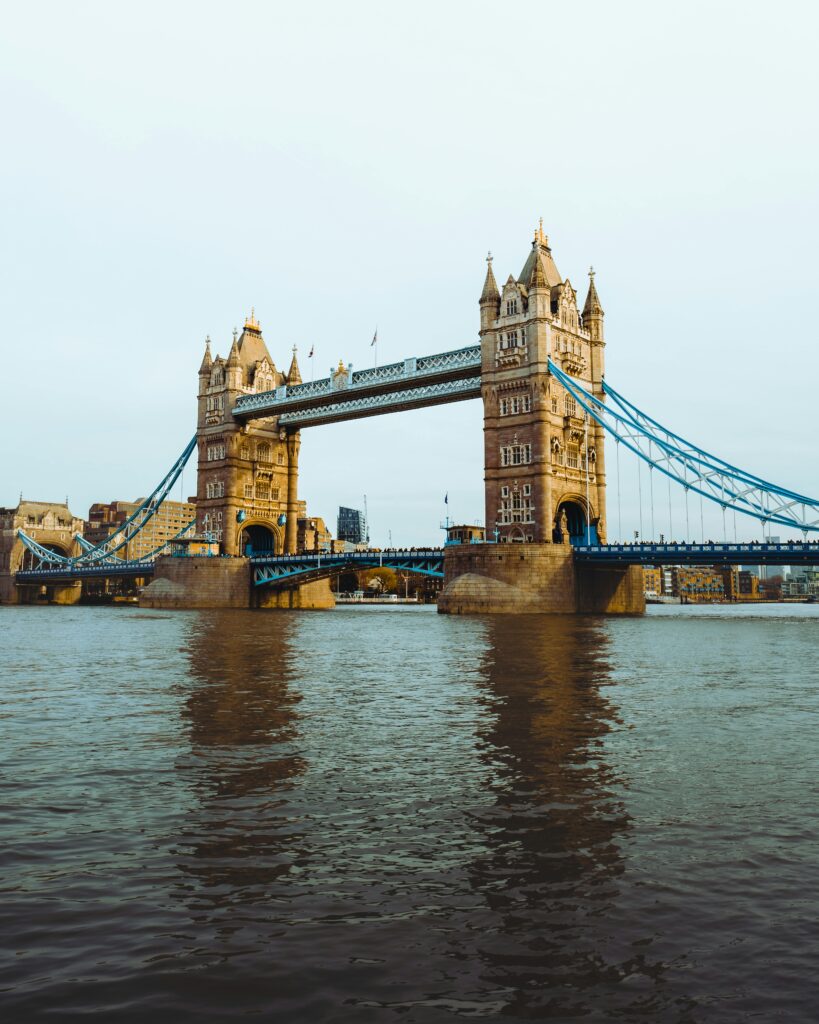

What you will see
The iconic twin towers and walkways of Tower Bridge
The bridge’s bascules opening for river traffic (if timed correctly)
The glass floor on the high-level walkways

Historical & cultural significance
Completed in 1894 to ease road traffic while allowing tall ships to pass
Combines bascule and suspension bridge elements
One of London’s most recognizable landmarks

Look out for…
The original steam engines that once powered the bascules, in the engine rooms
Find the old Victorian lampposts along the bridge
Observe the different shades of blue used in the most recent painting of the bridge
